Crops
-
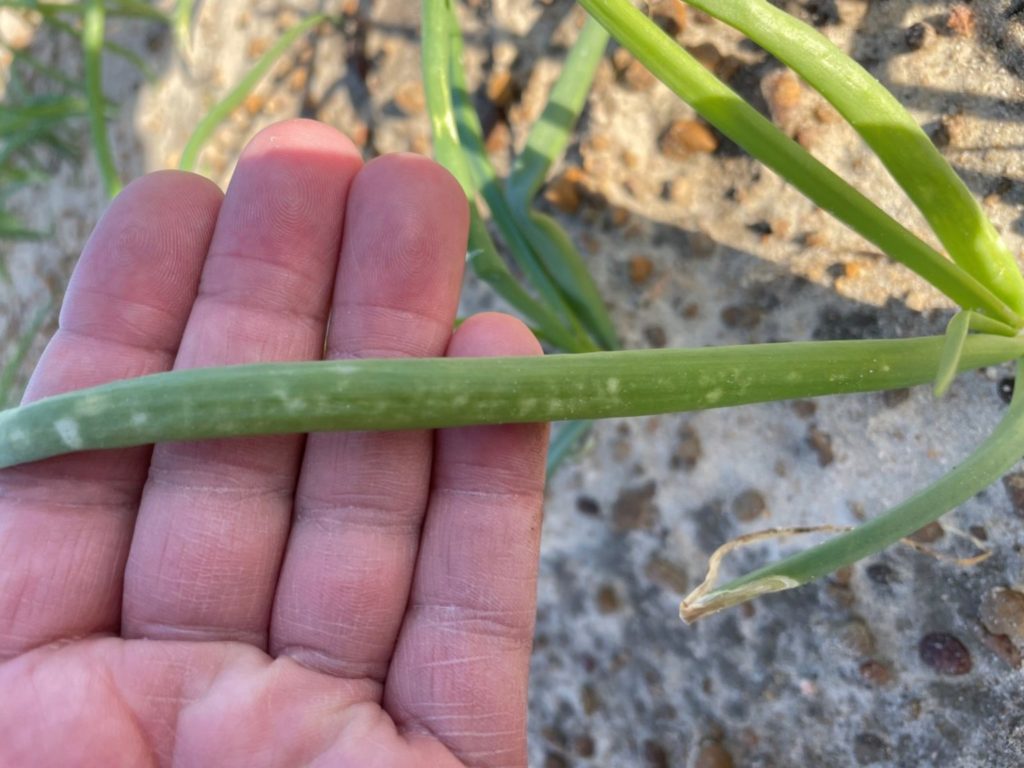
The strong winds that blew through Georgia earlier in January caused a lot of bruising on Vidalia onion plants. If it happened late in the season, it could cause big impacts on the maturing onions, but grower say that since it is quite early in the season, damage will be limited and the onions should…
-
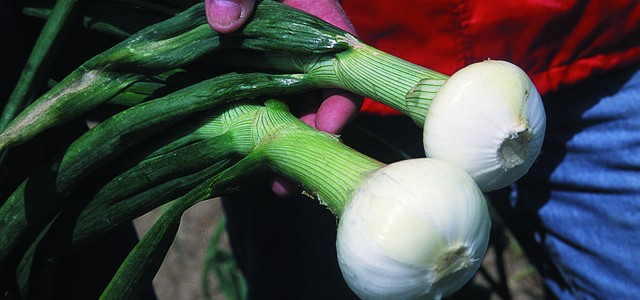
The recent dry weather has not been all bad. Clint Thompson of Vegetable and Specialty Crop News reports that onion planters in Georgia are ahead of usual in getting their onion sets in the ground due to the dry and sunny conditions. Usually, they start around November 1 and end around Christmas, but this year,…
-
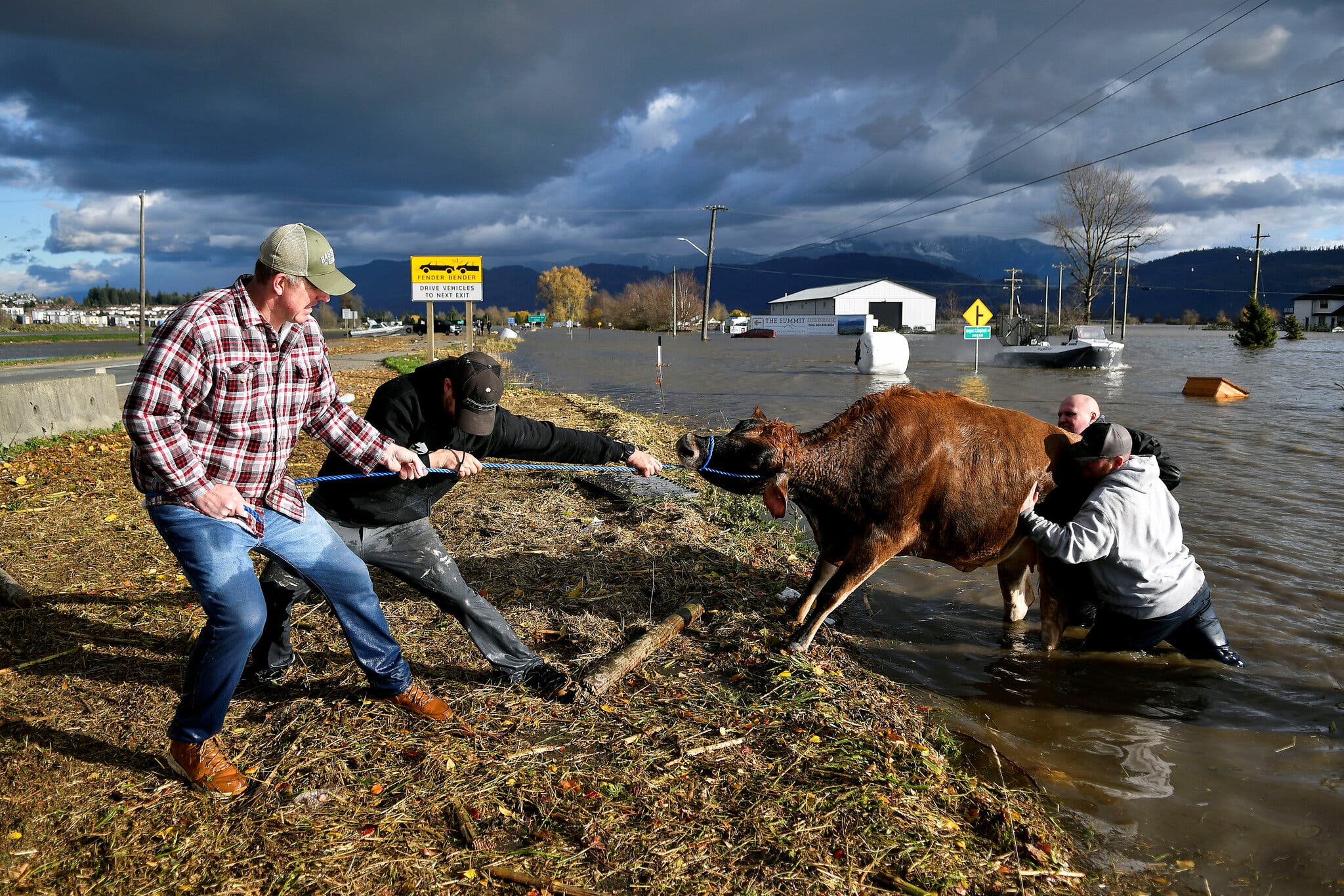
The incredible rainfall that they have had in the Pacific Northwest has cut off parts of British Columbia, leaving dairy farms having to deal with lack of transportation for milk and supplies. Many animals also had to be rescued from the flood water, leaving farmers exhausted. The floods have also stopped the transportation of wheat…
-
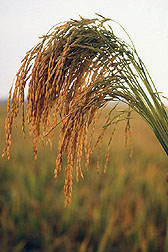
Farmers know that climate variability can affect their crop yields and health from one year to the next. Long-term changes in climate are also expected to affect crops by changing the length of the growing season, changing the temperature and precipitation their fields receive, and potentially changing the amount of sunlight that gets to the…
-
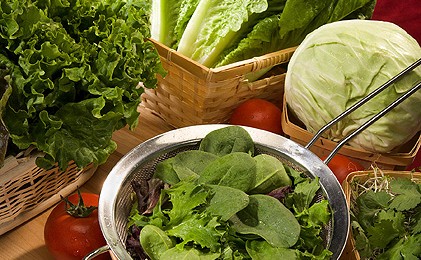
This week The Packer published a story describing growing conditions for Florida fall produce. The weather has been favorable for planting, growth, and harvest. Overall, things look quite good and there should be plenty of fresh Florida produce available for the holidays and every day. Lots of variety, too. You can read more here.
-

According to an article this week in Southeast Farm Press, entomologists say that this year’s infestation of fall armyworms is the worst that they have seen since the 1970s. According to the story, “There were many elements that led to this massive infestation. The biggest factor was the perfect storm of environmental conditions. These conditions…
-
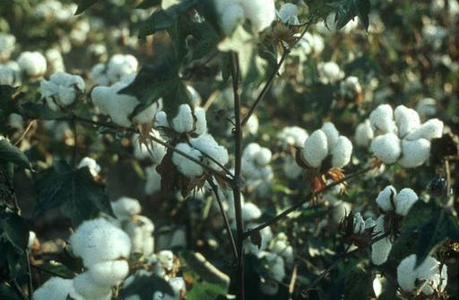
The harvest of cotton and other Southeastern crops is moving quickly. Some areas have been hit by rains which dampened the cotton, reducing quality and slowing the cotton picking. However, as this story from the Southeast Farm Press makes clear, the weather in North Carolina really cooperated with growers this year, leading to record-setting yields…
Posted in: Crops